
Guided Paths - Books
Do you prefer structure? The Hands-On Quantum Machine Learning book series provides step-by-step explanations
Get started with quantum machine learning easily

Do you prefer structure? The Hands-On Quantum Machine Learning book series provides step-by-step explanations
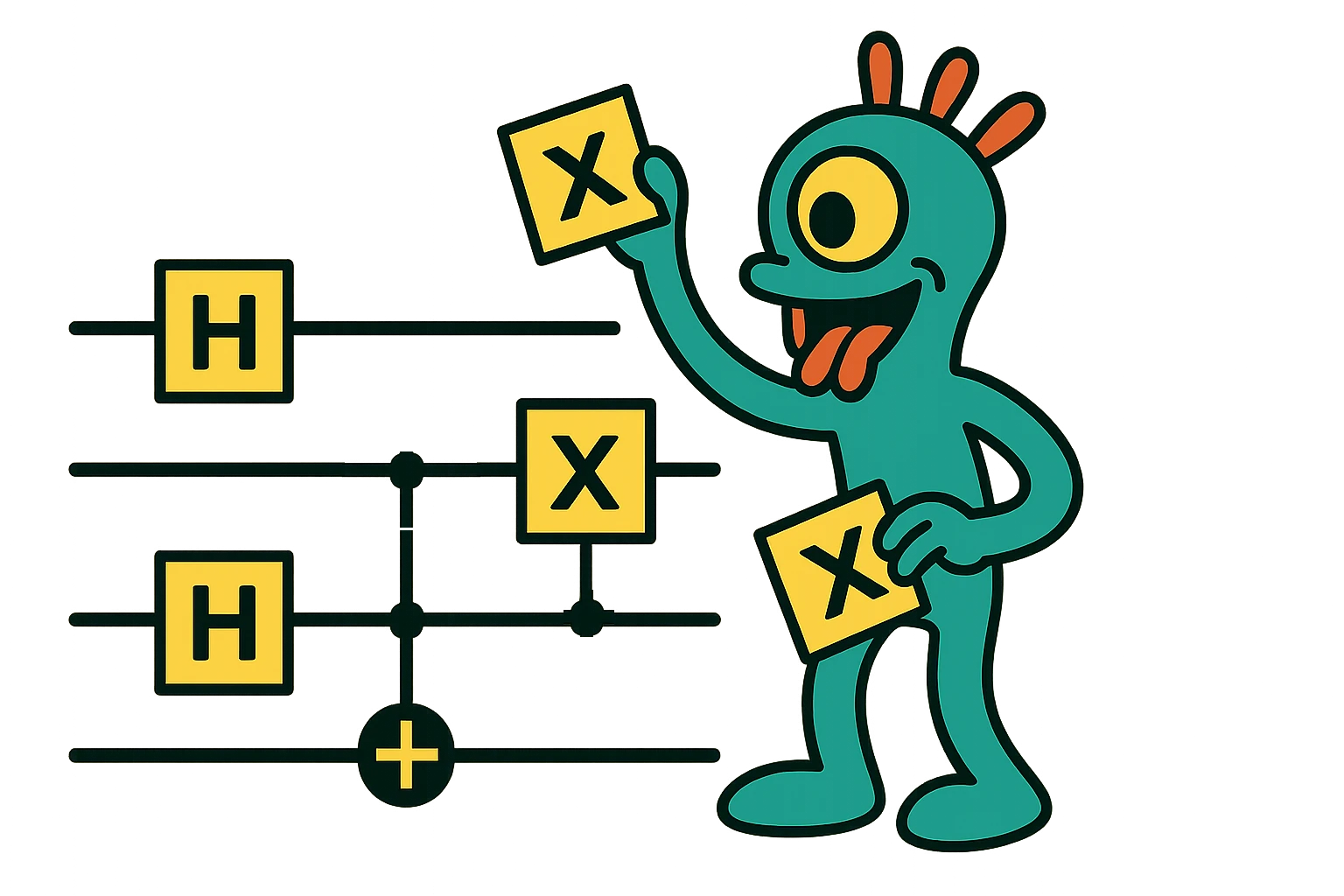
Do you have a specific question? Jump directly to the routine or algorithm you want to understand and fill in any gaps in your knowledge as needed
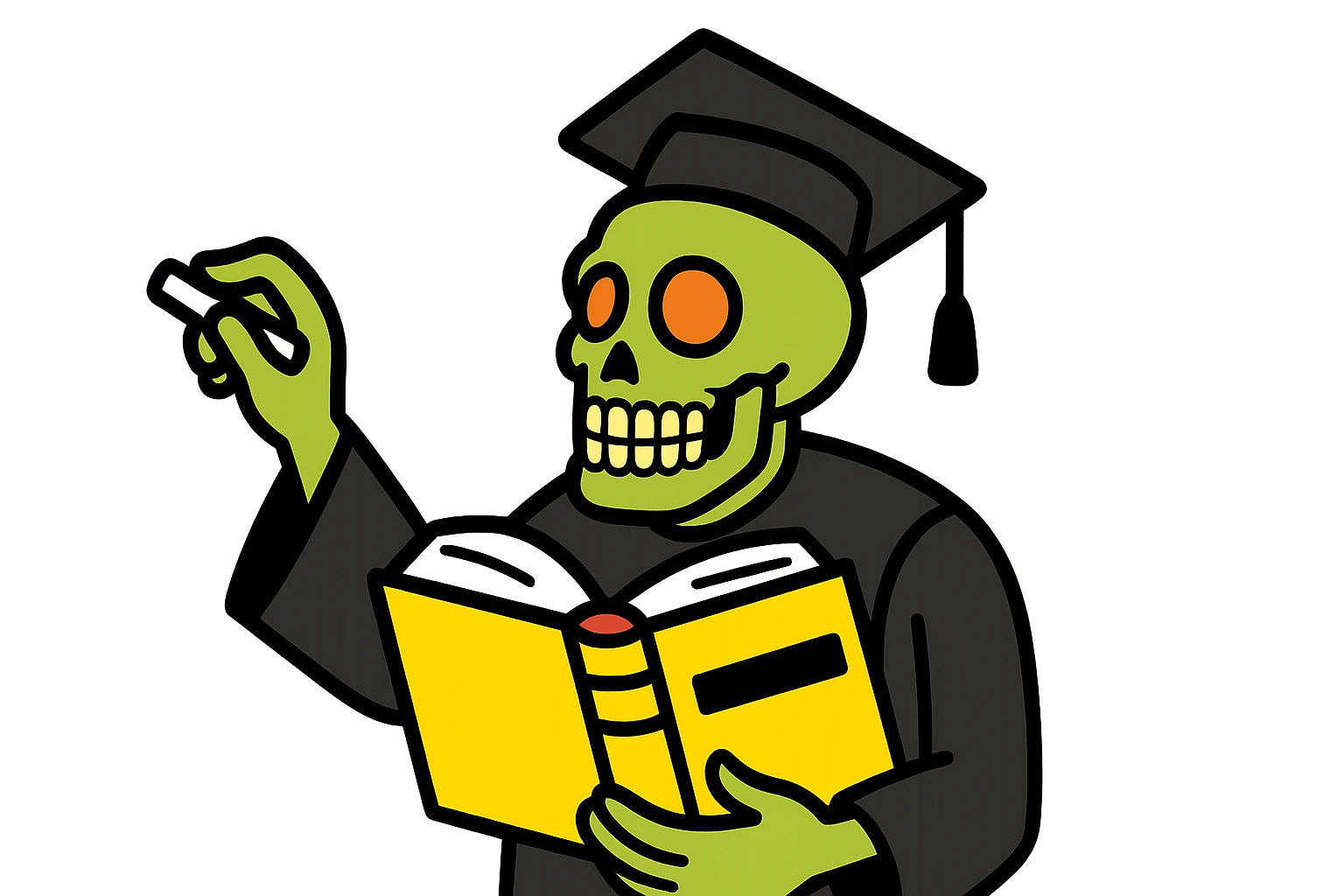
Are you curious about a concept? Start with any keyword in the glossary and see how ideas are connected in Quantum Machine Learning

Want to get your hands dirty? Learn quantum machine learning with Qiskit programming tutorials
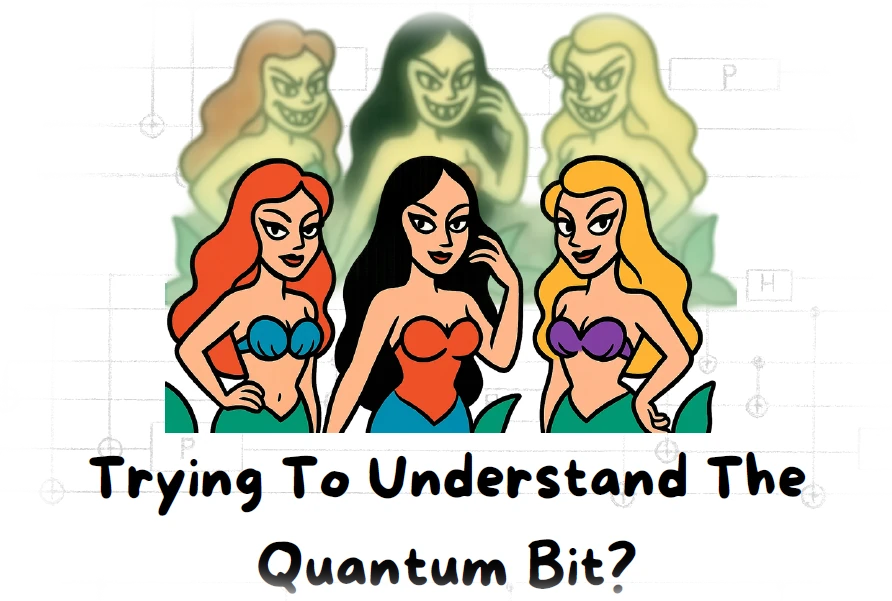
Starting to learn about quantum systems is as dangerous as Odysseus' attempt to pass by the Sirens
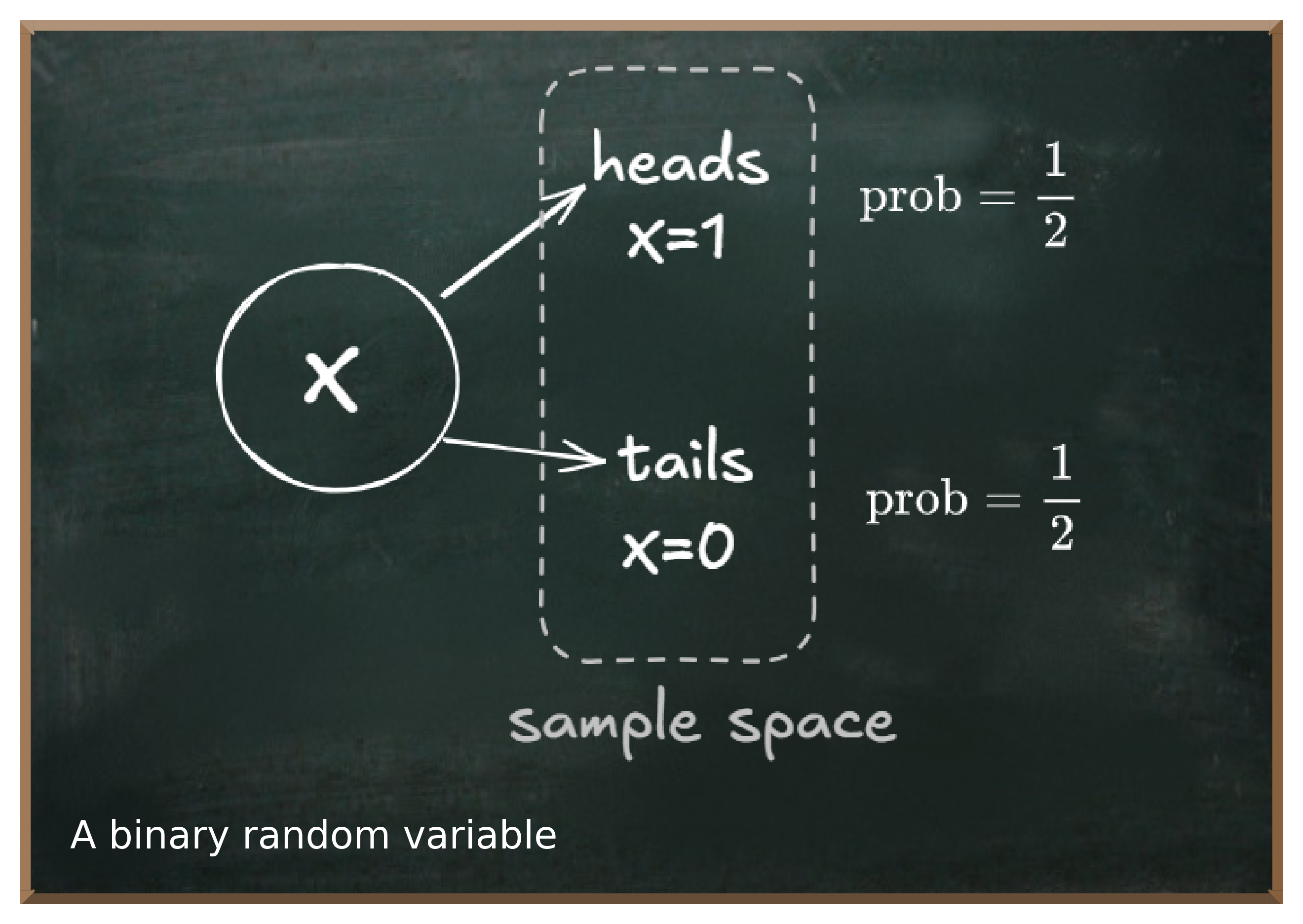
The Qubit Is Not Like A Classical Bit - Not Even Conceptually. But there's a much more intuitive analogy you can use.
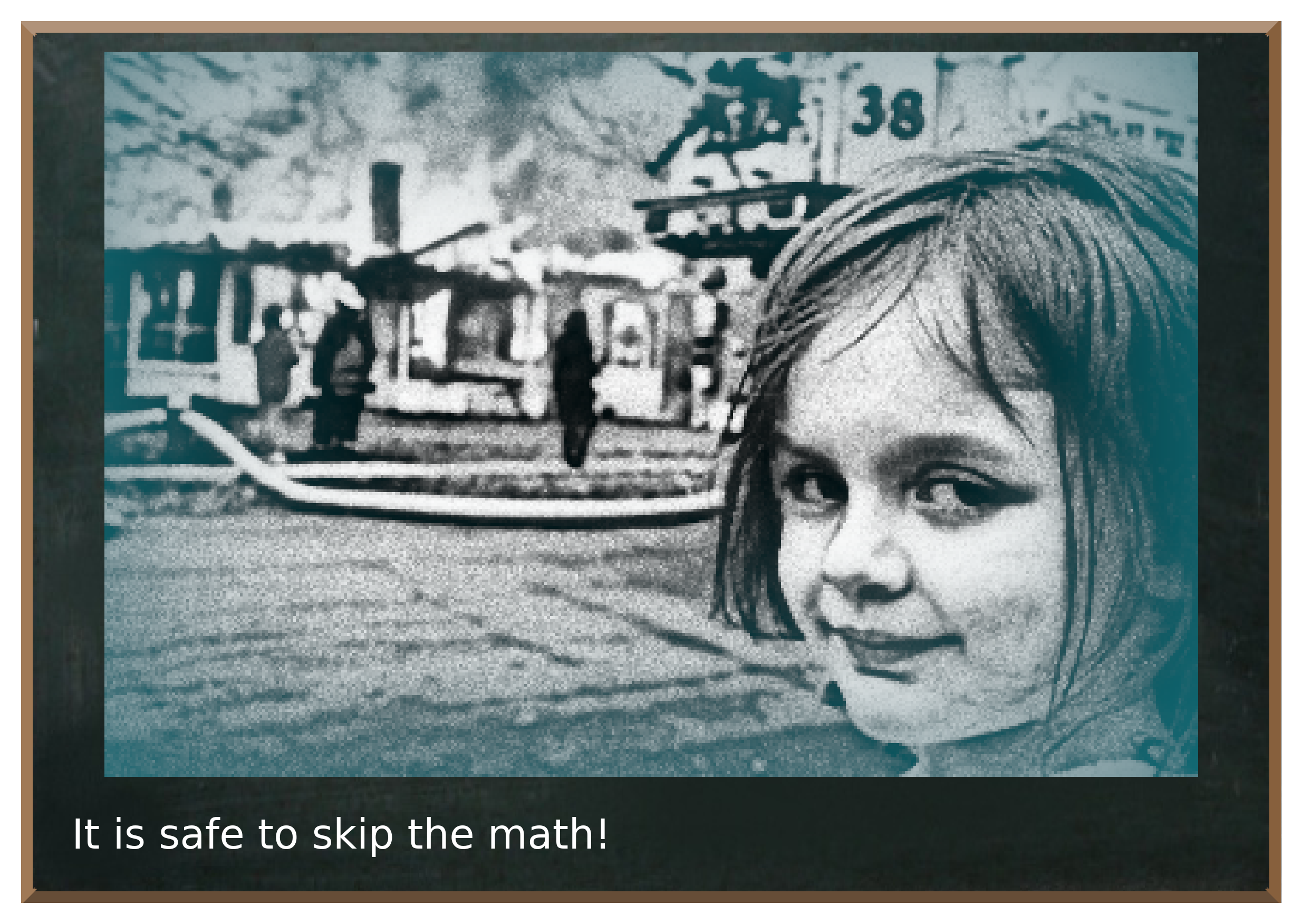
Don't waste your time with incomprehensible descriptions of the quantum superposition. If you only use quantum systems as a tool, you can safely skip the math.
Quantum computing doesn't have to be complicated. There is no rule that says quantum computing must be taught using physical jargon, incomprehensible equations, and long, dry paragraphs.
PyQML's unique teaching style builds on clear descriptions, easy-to-understand examples, a thrilling storyline, and a touch of (sometimes dark) humor.
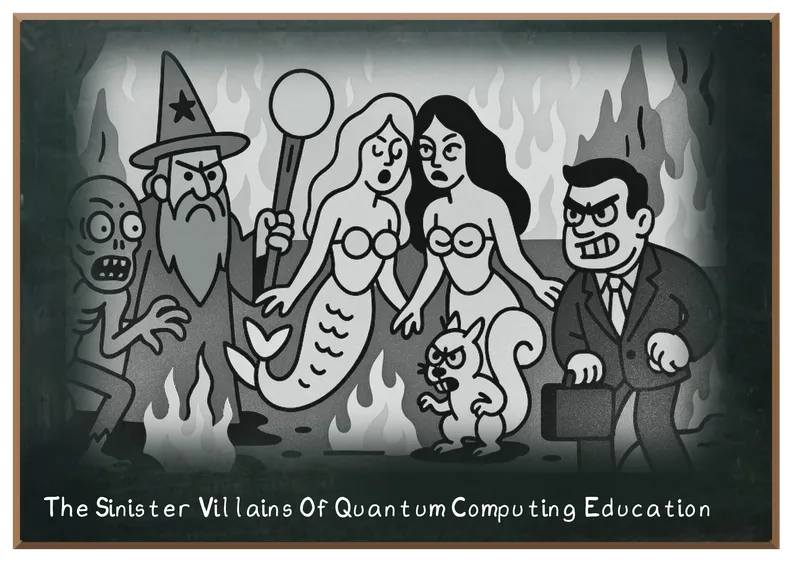
PyQML is designed from the ground to protect you from these villains and their evil machinations.
When you start your quantum computing journey, you will inevitably be confronted with a lot of math. It is intimidating. PyQML is different!
PyQML is here to offer a different look at quantum computing and quantum machine learning. A perspective that does not has its roots in the world of quantum physics. But a perspective that roots itself in the domain of practical problem solving.

At the heart of modern science and machine learning lies a seemingly simple process: sampling from a probability distribution. Whether you're running a Bayesian model, training a generative network, or simulating molecules, the quality of your samples determines the quality of your predictions.

Eigenvalues determine everything from how a quantum system evolves to how a kernel method in quantum machine learning defines similarity between data points. Without a way to compute or transform them efficiently, the promise of quantum speedups in machine learning collapses into impractical theory.

Variational quantum machine learning algorithms are a hybrid approach in which a parameterized quantum circuit is tuned by a classical optimizer to approximate solutions to complex problems.